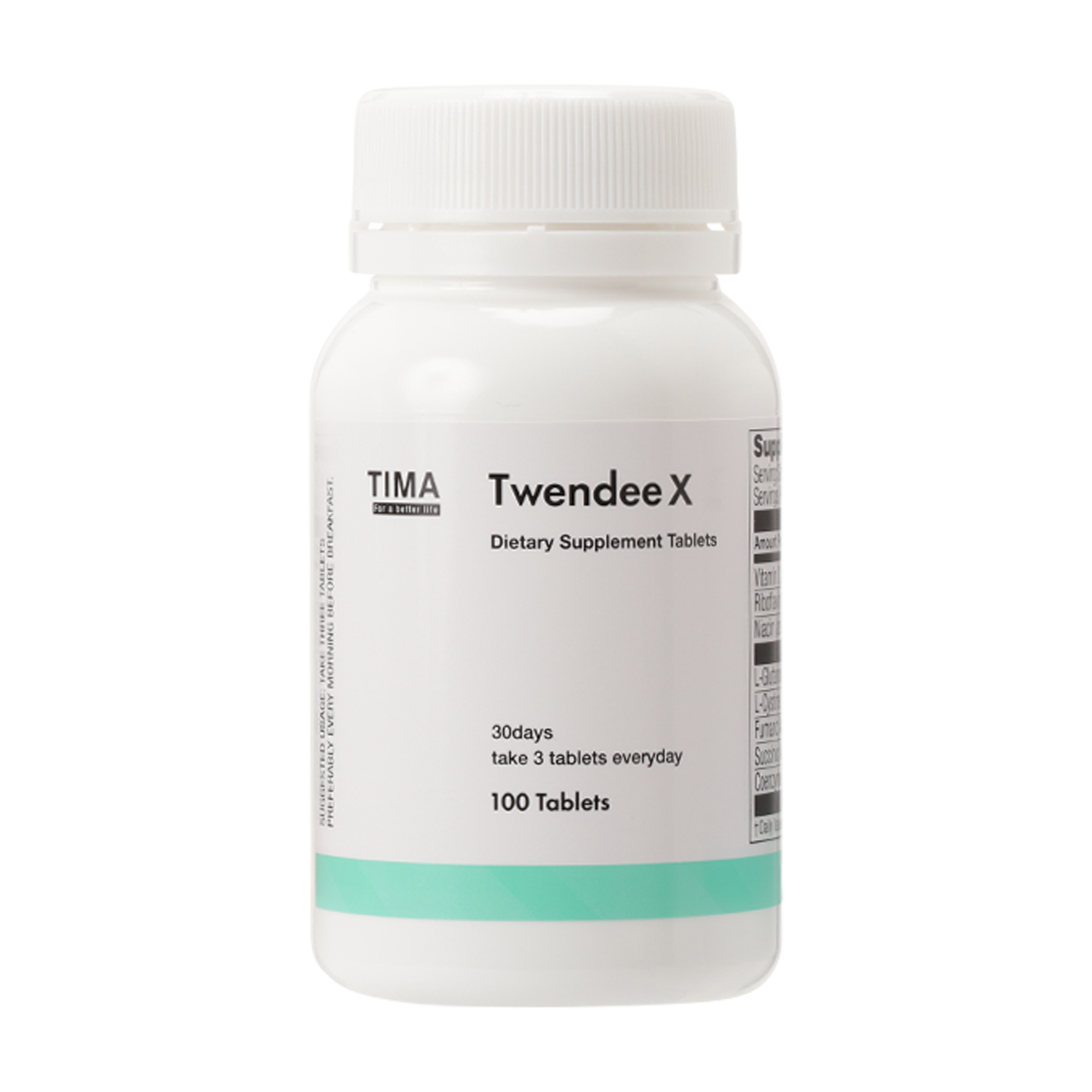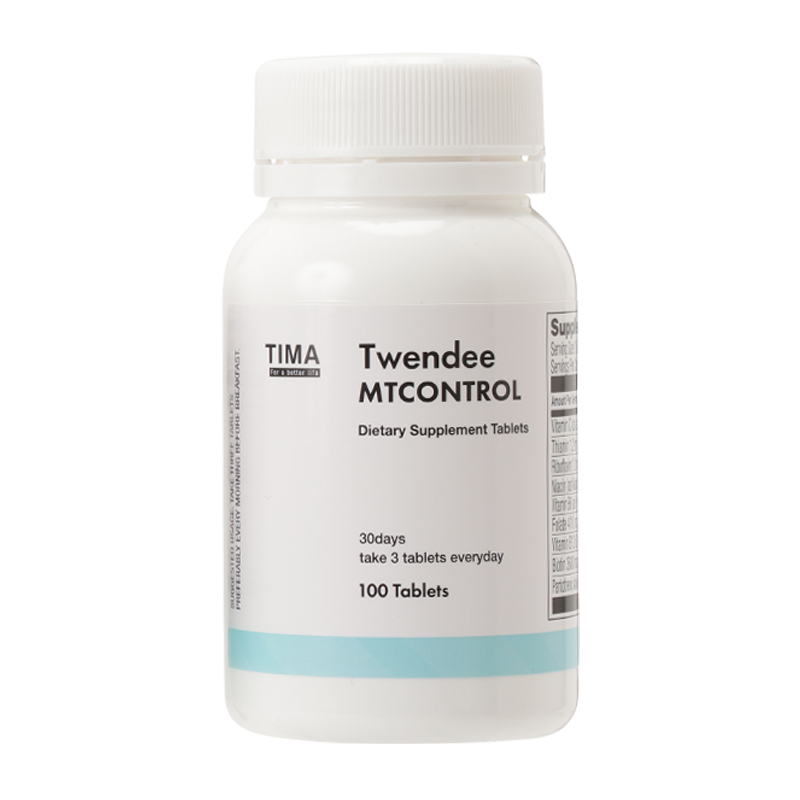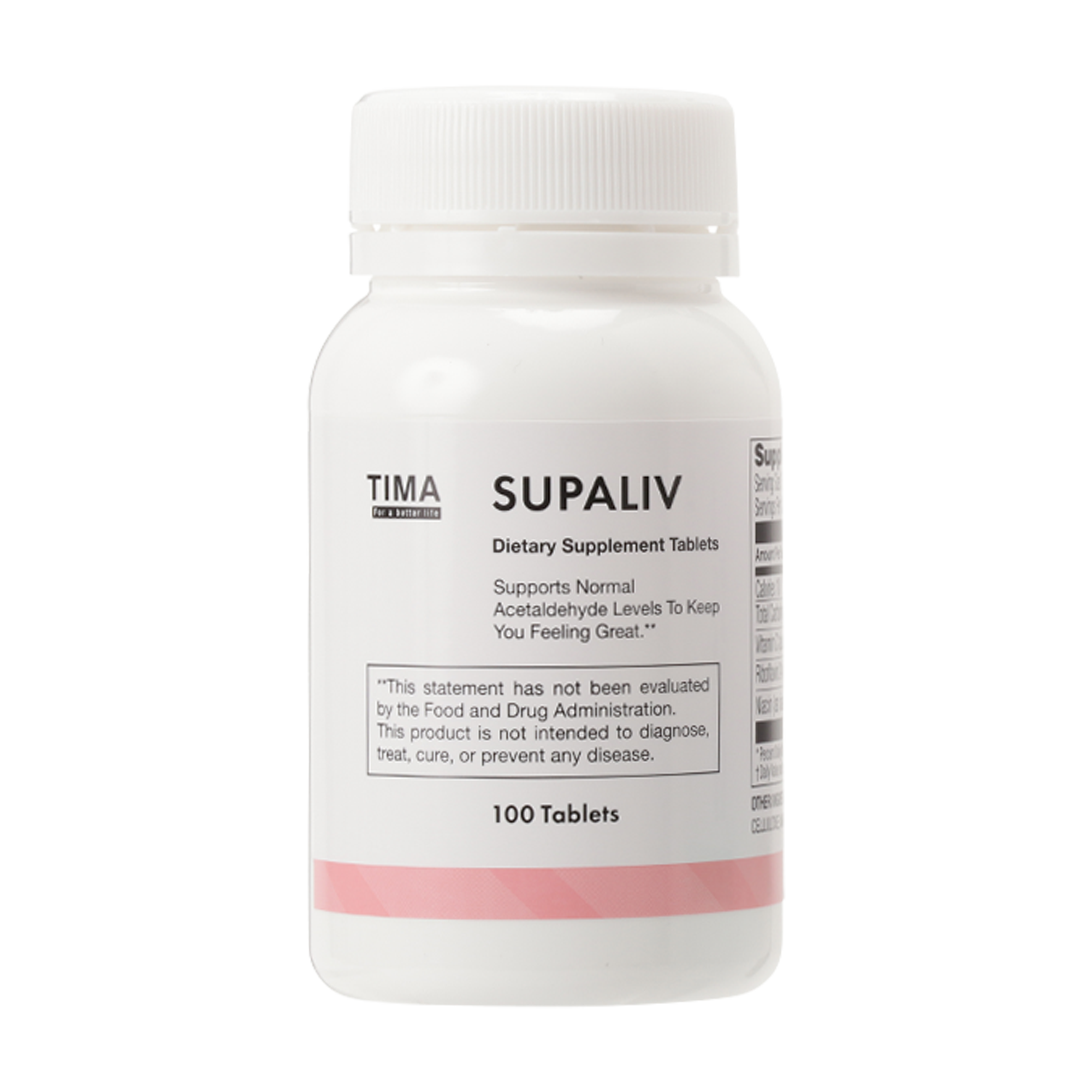Thesis on Oxidative Stress and "heart failure"
- Paper title
- Mitochondrial Oxidative Stress Mediates Angiotensin II–Induced Cardiac Hypertrophy and G&agr;q Overexpression–Induced Heart Failure
- Abstract summary
- Mice that overexpress catalase targeted to mitochondria are resistant to cardiac hypertrophy, fibrosis, and mitochondrial damage induced by angiotensin II.
- Authors
- Dao-Fu Dai, Simon C. Johnson, J. Villarin, M. Chin, M. Nieves-Cintrón, Tony Chen, D. Marcinek, G. Dorn, Y. J. Kang, T. Prolla, L. Santana, P. Rabinovitch
- Journal
- Circulation Research
- Semantic Scholar URL
- https://semanticscholar.org/paper/8dc94ebbe85dfe6b6cd9751411e9da3a96b917fc
- Abstract
-
Rationale: Mitochondrial dysfunction has been implicated in several cardiovascular diseases; however, the roles of mitochondrial oxidative stress and DNA damage in hypertensive cardiomyopathy are not well understood. Objective: We evaluated the contribution of mitochondrial reactive oxygen species (ROS) to cardiac hypertrophy and failure by using genetic mouse models overexpressing catalase targeted to mitochondria and to peroxisomes. Methods and Results: Angiotensin II increases mitochondrial ROS in cardiomyocytes, concomitant with increased mitochondrial protein carbonyls, mitochondrial DNA deletions, increased autophagy and signaling for mitochondrial biogenesis in hearts of angiotensin II–treated mice. The causal role of mitochondrial ROS in angiotensin II–induced cardiomyopathy is shown by the observation that mice that overexpress catalase targeted to mitochondria, but not mice that overexpress wild-type peroxisomal catalase, are resistant to cardiac hypertrophy, fibrosis and mitochondrial damage induced by angiotensin II, as well as heart failure induced by overexpression of G&agr;q. Furthermore, primary damage to mitochondrial DNA, induced by zidovudine administration or homozygous mutation of mitochondrial polymerase &ggr;, is also shown to contribute directly to the development of cardiac hypertrophy, fibrosis and failure. Conclusions: These data indicate the critical role of mitochondrial ROS in cardiac hypertrophy and failure and support the potential use of mitochondrial-targeted antioxidants for prevention and treatment of hypertensive cardiomyopathy.








